Tottenham overtake Juventus and close in on Arsenal in Deloitte Football Money League
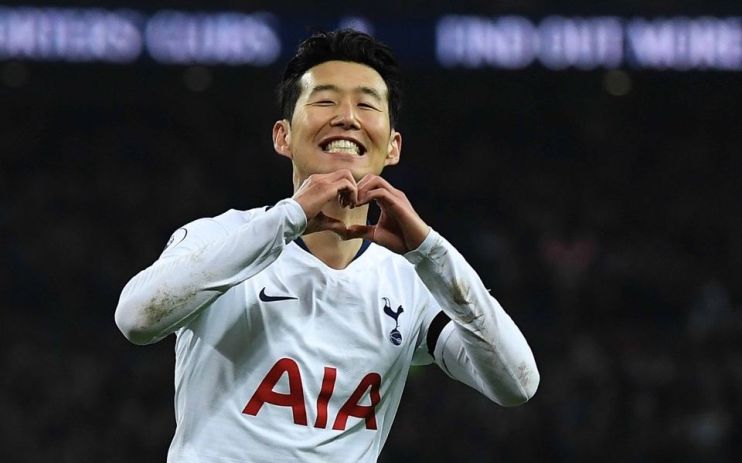
Tottenham’s emergence as one of Europe’s growing powers is paying dividends off the field, with the club now placed among the top 10 richest football clubs in the world.
Spurs overtook Italian giants Juventus to take 10th place in Deloitte’s Football Money League 2019, as revenue leapt to €428.3m (£379.4m) last season from €359.5m in 2016-17.
The club’s maligned move to Wembley while their new home is built at White Hart Lane was a key factor in their increased income, with the larger capacity at the national stadium leading to a 54 per cent increase in matchday revenue to €85.2m (£75.5m).
Commercial revenue also rose 44 per cent as Tottenham began benefiting from a new kit deal with Nike.
Having effected a power shift in north London in footballing terms, Spurs are also close to overtaking local rivals Arsenal in monetary terms, with the gap slashed to €11m (£10m).
Real Madrid
Real Madrid returned to top spot after a two-year hiatus following their third successive Champions League victory. Sustained European success helped the Spanish club to grow commercial revenue by €55m, the main driver of their €76m overall increase in income to a world record €751m.
Matchday Revenue: €125.2m (£107.6m)
Broadcasting Revenue: €225.9m (£194.1m)
Commercial Revenue: €325.2m (£279.5m)
Total Revenue: €676.3m (£581.2m)
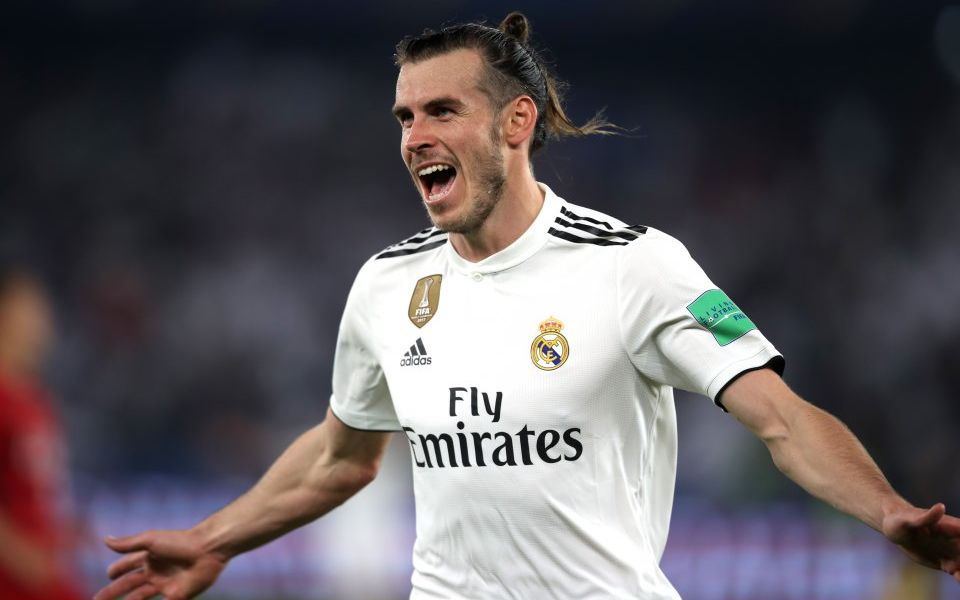
Barcelona
Barcelona climbed one place in the rankings after they increased income by €42m. Commercial revenue was the biggest factor in the uplift, thanks to the start of a new shirt sponsorship deal with Japanese e-commerce giant Rakuten, while winning the Spanish league title boosted broadcast revenue.
Matchday Revenue: €125.2m (£107.6m)
Broadcasting Revenue: €225.9m (£194.1m)
Commercial Revenue: €325.2m (£279.5m)
Total Revenue: €325.2m (£279.5m)

Manchester United
Manchester United’s revenue stagnated as continued mixed fortunes on the pitch saw the club’s famed commercial income dip for a second year in a row. Matchday and broadcast revenues were broadly flat, despite finishing second in the Premier League and returning to the Champions League.
Matchday Revenue: €125.2m (£107.6m)
Broadcasting Revenue: €225.9m (£194.1m)
Commercial Revenue: €325.2m (£279.5m)
Total Revenue: €676.3m (£581.2m)
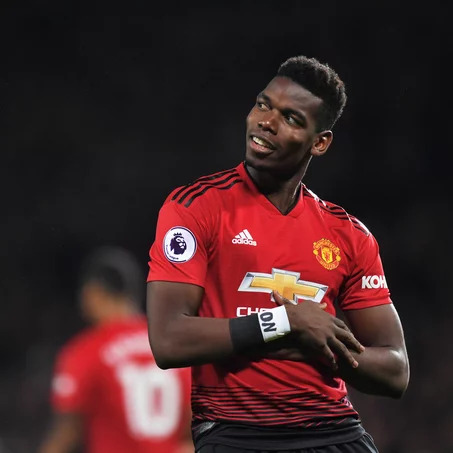
Bayern Munich
The Bundesliga’s new television contracts and a run to the Champions League semi-finals helped swell Bayern Munich’s broadcast revenue and lift overall income by seven per cent. The Bavarians remained fourth in the Money League for a fourth year in a row, however, and saw Real Madrid overtake them as kings of commercial revenue.
Matchday Revenue: €125.2m (£107.6m)
Broadcasting Revenue: €225.9m (£194.1m)
Commercial Revenue: €325.2m (£279.5m)
Total Revenue: €676.3m (£581.2m)

Manchester City
Manchester City toasted success on and off the field in 2017-18, with a record-breaking Premier League title win and 11 per cent revenue growth. New deals with Nexen Tire, Gatorade and Amazon, who made a behind-the-scenes documentary on the club for their Prime platform, contributed to improved commercial income.
Matchday Revenue: €125.2m (£107.6m)
Broadcasting Revenue: €225.9m (£194.1m)
Commercial Revenue: €325.2m (£279.5m)
Total Revenue: €676.3m (£581.2m)
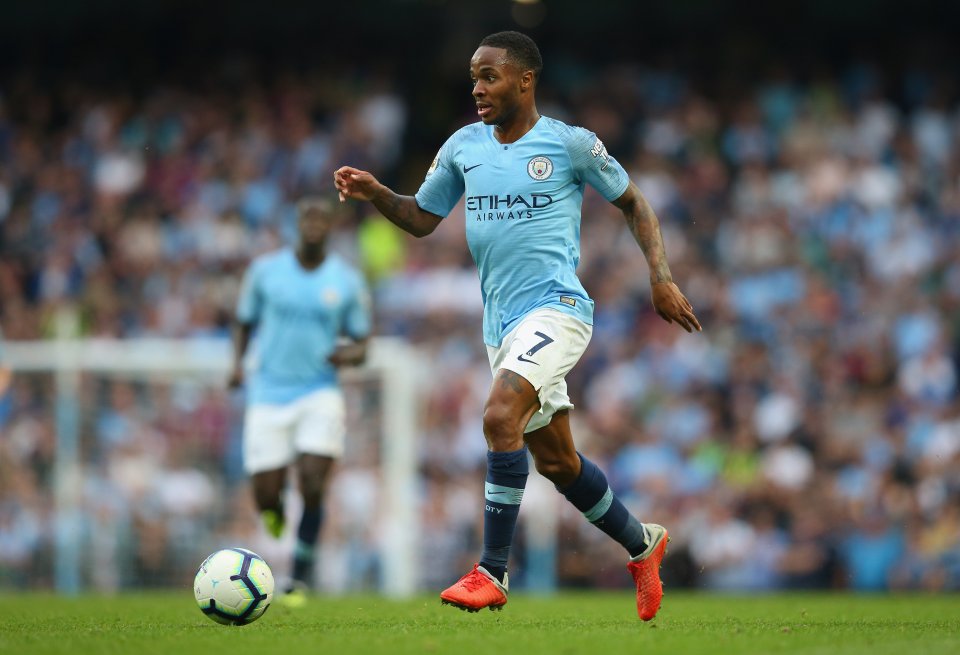
Paris-Saint Germain
Paris-Saint Germain leveraged their new star signings, Neymar and Kylian Mbappe, to full effect as they posted an 11 per cent increase in revenue. The forward duo swept PSG to a fifth French league title in six seasons and helped the club to grow income from both commercial and matchday streams.
Matchday Revenue: €125.2m (£107.6m)
Broadcasting Revenue: €225.9m (£194.1m)
Commercial Revenue: €325.2m (£279.5m)
Total Revenue: €676.3m (£581.2m)

Liverpool
A run to the final of the Champions League fuelled Liverpool’s impressive 25 per cent uplift in revenue, the largest of any club in the Money League top 10. Only Real Madrid, who denied them the European Cup, matched the Reds’ €251.3m broadcast income, which accounted for 49 per cent of their total revenue.
Matchday Revenue: €125.2m (£107.6m)
Broadcasting Revenue: €225.9m (£194.1m)
Commercial Revenue: €325.2m (£279.5m)
Total Revenue: €676.3m (£581.2m)
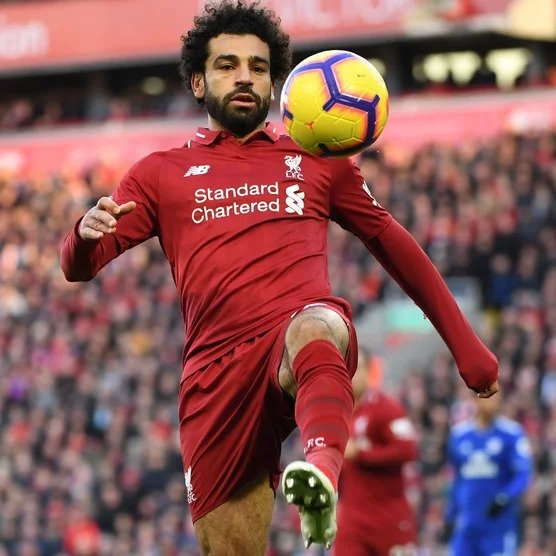
Chelsea
Chelsea increased revenue by 22 per cent to pass the £400m mark for the first time yet remained eighth in the Money League as Liverpool’s European run put the in the shade. The Blues’ return to the Champions League and a new kit deal with Nike lifted broadcast and commercial income by 26 and 22 per cent respectively.
Matchday Revenue: €125.2m (£107.6m)
Broadcasting Revenue: €225.9m (£194.1m)
Commercial Revenue: €325.2m (£279.5m)
Total Revenue: €676.3m (£581.2m)
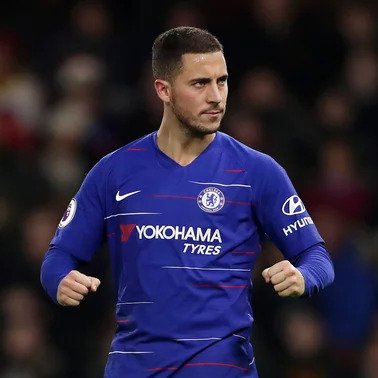
Arsenal
Arsenal’s lack of Champions League football for the first time this century hit the club’s finances hard and saw them fall from sixth to ninth in the Money League. Revenue fell for the first time since 1995-96, with broadcast income particularly dented by their absence Europe’s top club competition.
Matchday Revenue: €125.2m (£107.6m)
Broadcasting Revenue: €225.9m (£194.1m)
Commercial Revenue: €325.2m (£279.5m)
Total Revenue: €676.3m (£581.2m)

Tottenham Hotspur
Tottenham returned to the top 10 of the Money League and closed in on their north London rivals Arsenal with 23 cent growth in overall revenue. The temporary relocation of home games to Wembley saw average attendances in the Premier League more than double and boosted matchday income by 54 per cent.
Matchday Revenue: €125.2m (£107.6m)
Broadcasting Revenue: €225.9m (£194.1m)
Commercial Revenue: €325.2m (£279.5m)
Total Revenue: €676.3m (£581.2m)
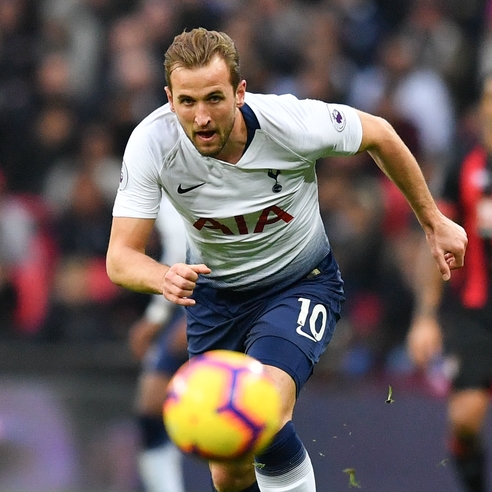
Juventus
Despite clinching a seventh successive Serie A title, Juventus dropped one place and left Italy without a team in the Money League top 10. Revenue fell three per cent as an increase in commercial proceeds was outweighed by falling broadcast income, owing to a premature Champions League exit.
Matchday Revenue: €125.2m (£107.6m)
Broadcasting Revenue: €225.9m (£194.1m)
Commercial Revenue: €325.2m (£279.5m)
Total Revenue: €676.3m (£581.2m)
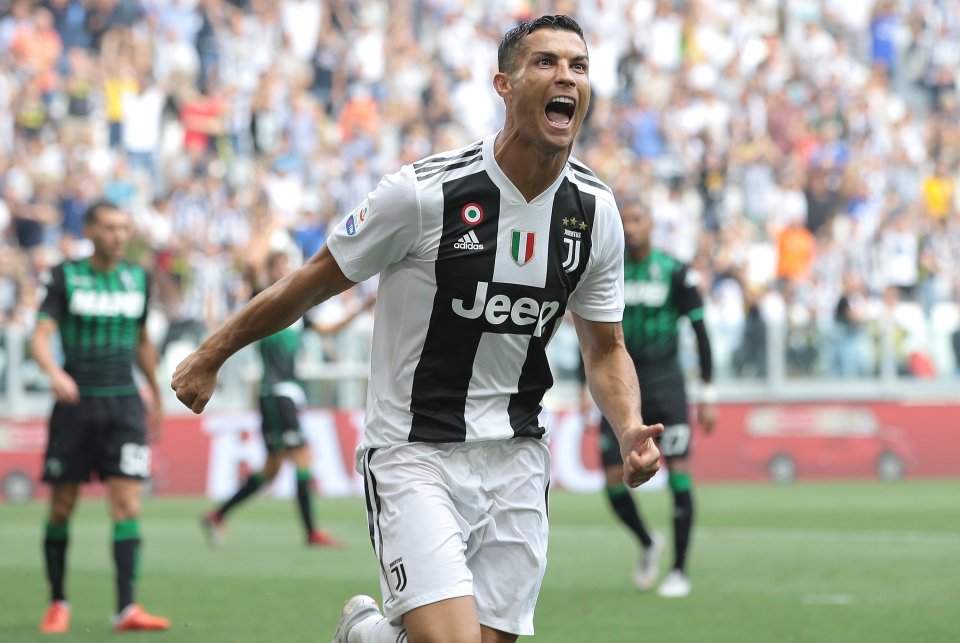
Borussia Dortmund
Improved Bundesliga broadcast contracts could not prevent Dortmund suffering a five per cent drop in overall income. Commercial revenue fell the most of any stream as mixed results hit merchandise sales and the club failed to reach a domestic or European cup final for the first since 2010-11.
Matchday Revenue: €125.2m (£107.6m)
Broadcasting Revenue: €225.9m (£194.1m)
Commercial Revenue: €325.2m (£279.5m)
Total Revenue: €676.3m (£581.2m)
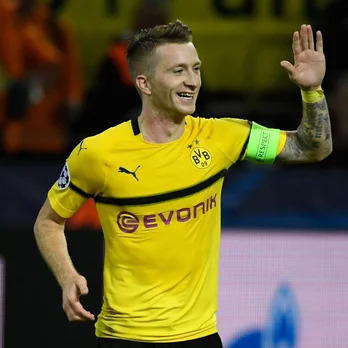
Atletico Madrid
Atletico increased revenue by more than €30m in the first season in their new Wanda Metropolitano stadium, with a 24 per cent rise in attendances improving matchday income by €15.8m. Winning the Europa League broadly mitigated the effect of a group stage exit from the Champions League on their broadcast revenue.
Matchday Revenue: €125.2m (£107.6m)
Broadcasting Revenue: €225.9m (£194.1m)
Commercial Revenue: €325.2m (£279.5m)
Total Revenue: €676.3m (£581.2m)
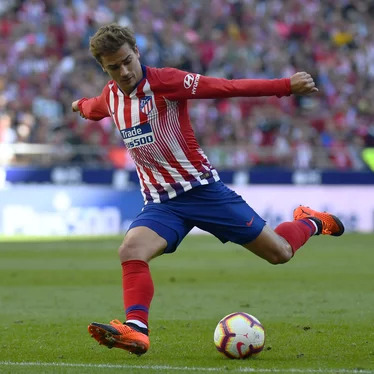
Inter Milan
Inter’s revival under the ownership of Chinese electronic retailer Suning continued last season, with revenue rising seven per cent and lifting them one place in the Money League. A 14 per cent rise in commercial income, aided by their increased presence in Asia, was the biggest factor in their improving financial results.
Matchday Revenue: €125.2m (£107.6m)
Broadcasting Revenue: €225.9m (£194.1m)
Commercial Revenue: €325.2m (£279.5m)
Total Revenue: €676.3m (£581.2m)

Roma
Reaching the semi-finals of the Champions League significantly boosted Roma’s bank balance as well as their profile. Revenue rose 46 per cent to record levels, fuelled by a €52.2m hike in broadcast income and chunky increases from matchday and commercial streams, as the Italians shot up nine places in the Money League.
Matchday Revenue: €125.2m (£107.6m)
Broadcasting Revenue: €225.9m (£194.1m)
Commercial Revenue: €325.2m (£279.5m)
Total Revenue: €676.3m (£581.2m)
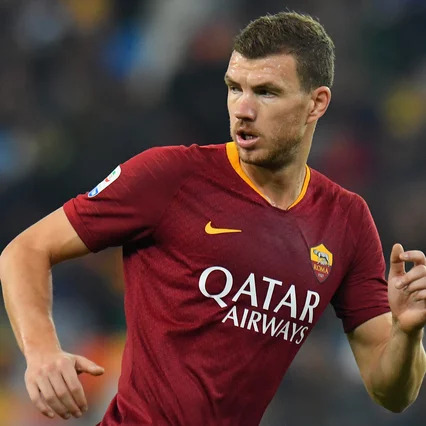
Schalke
Despite not playing in either the Champions League or Europa League last season, Schalke succeeded in increasing revenue by six per cent and retaining their Money League position. Growth came from broadcast and commercial streams, notably new domestic TV contracts and a renewed shirt sponsorship deal with Gazprom.
Matchday Revenue: €125.2m (£107.6m)
Broadcasting Revenue: €225.9m (£194.1m)
Commercial Revenue: €325.2m (£279.5m)
Total Revenue: €676.3m (£581.2m)
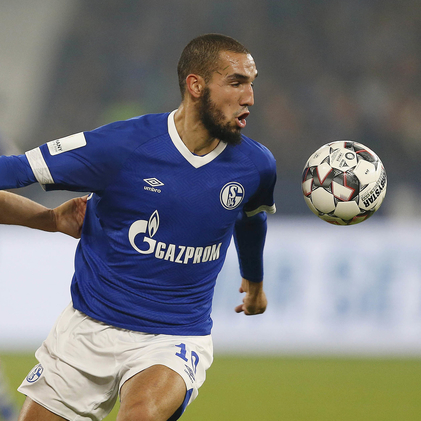
Everton
Everton achieved club record revenue last season to climb to their highest position yet in the Money League. A return to European competition fuelled an increase in matchday takings while commercial income benefited from a new shirt sponsorship deal with SportPesa.
Matchday Revenue: €125.2m (£107.6m)
Broadcasting Revenue: €225.9m (£194.1m)
Commercial Revenue: €325.2m (£279.5m)
Total Revenue: €676.3m (£581.2m)
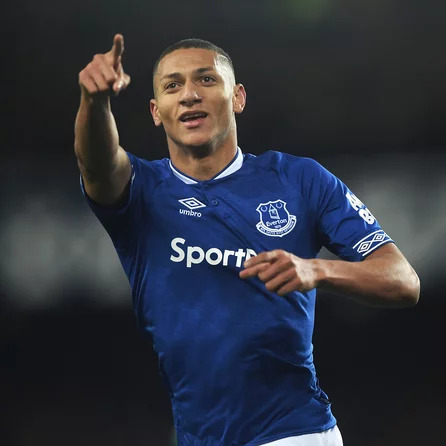
AC Milan
A major rise in matchday revenue proved the biggest boost to AC Milan’s revenue last season, as fan favourite Gennaro Gattuso’s return as manager lifted average attendance from sub-40,000 in 2016-17 to 51,472. Europa League participation also contributed to an eight per cent rise in overall income.
Matchday Revenue: €125.2m (£107.6m)
Broadcasting Revenue: €225.9m (£194.1m)
Commercial Revenue: €325.2m (£279.5m)
Total Revenue: €676.3m (£581.2m)
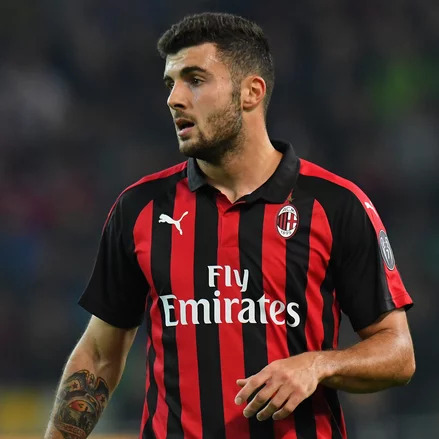
Newcastle United
A first season back in the Premier League saw Newcastle’s revenue more than double last year and lifted them back into Deloitte’s top 20. Broadcast income alone grew 167 per cent due to the English top-flight’s world-leading TV contracts, while commercial revenue also mushroomed.
Matchday Revenue: €125.2m (£107.6m)
Broadcasting Revenue: €225.9m (£194.1m)
Commercial Revenue: €325.2m (£279.5m)
Total Revenue: €676.3m (£581.2m)
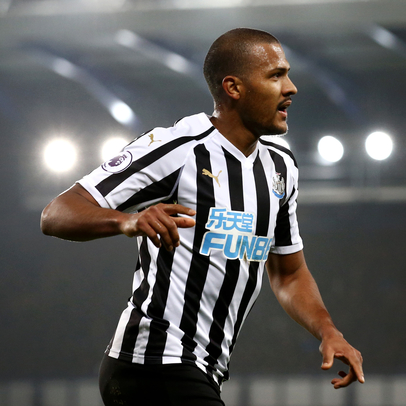
West Ham United
West Ham’s revenue fell three per cent last season as their Premier League fortunes declined slightly, but they retained top 20 status in the Money League thanks largely to the English game’s lucrative broadcast contracts. Matchday revenue waned slightly although attendances remained among the top 10 of clubs in Deloitte’s list.
Matchday Revenue: €125.2m (£107.6m)
Broadcasting Revenue: €225.9m (£194.1m)
Commercial Revenue: €325.2m (£279.5m)
Total Revenue: €676.3m (£581.2m)

The Gunners were the biggest fallers in the Money League, down three places to ninth, as revenue fell markedly to €439.2m (£389.1m) from €487.6m (£419.90m).
Arsenal’s failure to maintain their Champions League presence resulted in significantly lower broadcast income and contributed to overall revenue falling for the first time since 1995-96.
With Tottenham into the Champions League last 16 and Arsenal consigned to the less lucrative Europa League again, Spurs’ turnover could eclipse that of their neighbours as soon as this year.
“If you look at the growth rate that Spurs have achieved in the last couple of years, there’s a real possibility that they could catch and overhaul Arsenal in next year’s edition,” said Deloitte’s Sam Boor.
Capacity restrictions at Wembley this season and the delay in moving to their new home could dent Tottenham’s matchday revenue in the short term, but the project is expected to provide “significant growth” once complete, Boor added.
Chelsea, the third London team in the top 10, ranked just above Arsenal and Tottenham in eighth place after they enjoyed a sizeable increase in revenue to €505.7m (£448.0m) from €428.0m (£367.8m).
Broadcast income rose 26 per cent upon the Blues’ return to the Champions League, while commercial revenue increased 22 per cent as a new kit deal with Nike took effect.
West Ham slipped three places from 17th as revenue fell four per cent to €197.9m (£175.3m) but they retained their top 20 status for a third edition of the Money League in succession.
The Hammers are tipped to hold on to that position or climb if they finish in the top half of the Premier League.
